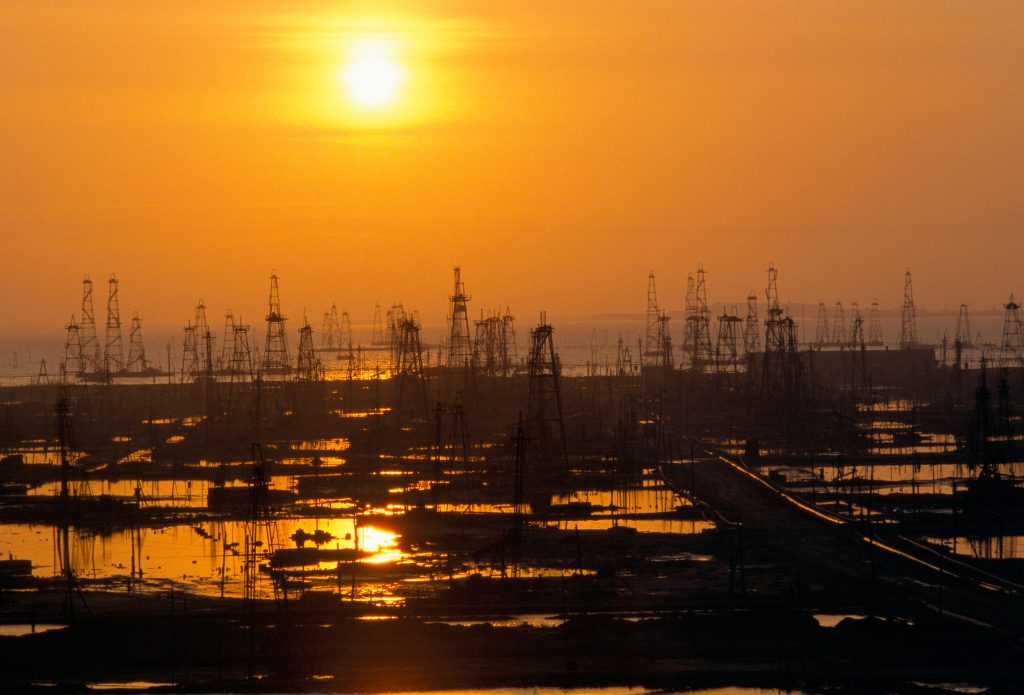BAKU
BP said that oil output at its projects in Azerbaijan declined to 458,000 barrels per day (bpd) last year from 477,000 bpd a year earlier.
A BP-led consortium produces oil at Azerbaijan’s giant off-shore Azeri-Chirag-Guneshli (ACG) oilfields, which account for most of the country’s oil production.
BP said that 10 oil producer and four water injector wells were completed in 2021. At the end of 2021, 135 oil wells were producing, while 29 were used for water and eight for gas injection.
“The final major equipment packages were delivered to Baku at the end of the year completing the shipment of all equipment required for the project,” the consortium said in a report.
The consortium spent around $533 million in operating expenditure and more than $1.660 billion in capital expenditure on ACG activities last year.
Natural gas production at the major Shah Deniz gas field was 23 billion standard cubic metres (bcm) in 2021, up from around 18.1 bcm in 2020. Condensate output was over 4 million tonnes, up from 3.6 million tonnes a year ago.
The BP-led consortium, which develops the Shah Deniz project, has been pumping gas from the giant offshore field’s first phase since 2006, delivering more than 10 bcm a year of gas to Azerbaijan, Georgia and Turkey.
The second phase started its output in 2018, adding 16 bcm of gas production capacity at its peak to bring total capacity to 26 bcm.
BP said that more than $2 billion was spent in operating expenditure and around $680 million in capital expenditure, the majority of which was associated with the Shah Deniz II project.
Azerbaijan aims to supply European gas markets with 10 bcm of gas a year, including 8 bcm to Italy and a combined 2 bcm to Greece and Bulgaria.
Azerbaijan started commercial natural gas supplies to Europe from the second stage of the Shah Deniz project via its $40-billion Southern Gas Corridor in December 2020, when the corridor’s last part, the Trans Adriatic Pipeline (TAP), was launched. The project is aimed at reducing Europe’s dependence on natural gas supplies from Russia, which currently controls 34 percent of the continent’s gas market.

